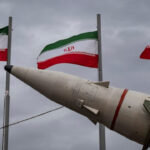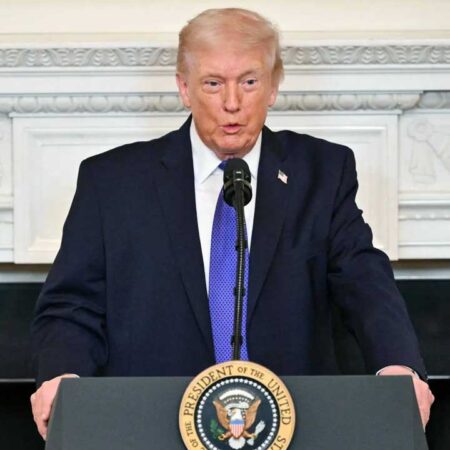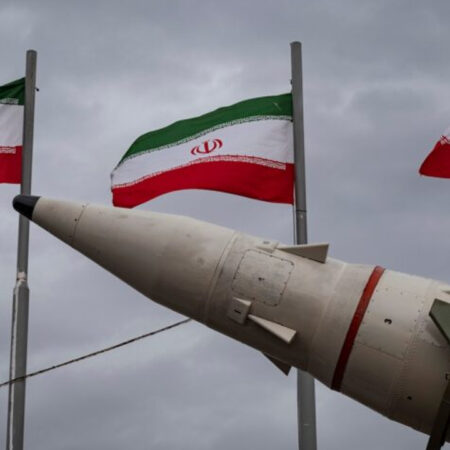Speaking on behalf of the Organization of Islamic Cooperation (OIC), Munir Akram, Pakistan’s Permanent Representative to the UN, urged the international community to take “decisive” action to combat the growing prevalence of Islamophobia and other forms of anti-Muslim hatred, intolerance, and bigotry.
Ambassador Akram’s comments were made on Friday as the United Nations General Assembly commemorated the International Day to Combat Islamophobia.
Akram told the 193-member assembly, which also heard solidarity statements from UN Secretary-General Antonio Guterres and assembly president Philemon Yang, that “our aim must be to promote a collective effort to combat Islamophobia with unity and empathy.”
“We should pledge to fight Islamophobia and all other forms of hatred, bigotry, and intolerance by utilizing the positive teachings of peace, justice, tolerance, and compassion that Islam—and indeed all religions—offer.”
He referred to the General Assembly’s 2022 adoption of a resolution, co-sponsored by Pakistan, declaring March 15 as the International Day to Combat Islamophobia as a “defining moment” since it highlighted the world’s realization of the threat this threat represented.
As the Muslim world observed the holy month of Ramadan, the day was commemorated.
Speaking on behalf of the OIC, Ambassador Akram stated, “Islamophobia is not limited to one region — It is resurgent in the West and the East.”
In certain nations, Muslims are being systematically marginalized and suppressed, the Pakistani envoy continued. “Islamophobia is now being used as an avenue for political advancement and popularity, feeding the worst human instincts of fear, prejudice, and hate.”
In this context, Ambassador Akram called on countries to make sure that their laws and policies demonstrated a clear commitment to religious tolerance and that hate speech is not fueled by the media or misinformation.
He also urged governments to ensure that no law is used as a weapon to discriminate against or restrict Muslim identity, and that no person of any state is treated less favorably because of their religious beliefs.
“A country that consistently isolates and marginalizes its Muslim citizens cannot legitimately claim to be a democracy,” he stated.
“Today, Islamophobic postures, policies, and actions follow the same dangerous hate and intolerance have proliferated in recent times, especially against Muslims,” the Pakistani envoy said, highlighting the repercussions of religious intolerance, mass expulsions, inquisitions, pogroms, and genocide.












No Comment! Be the first one.